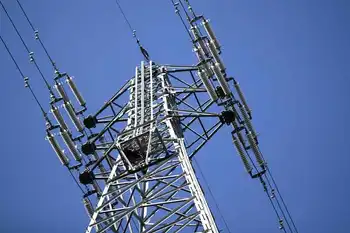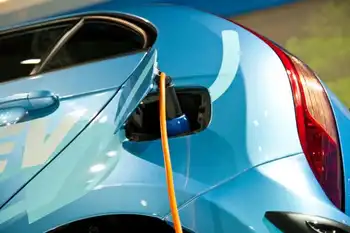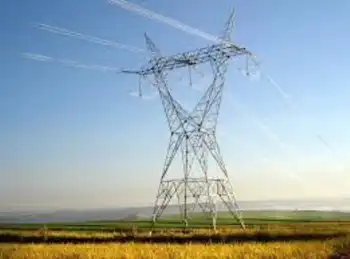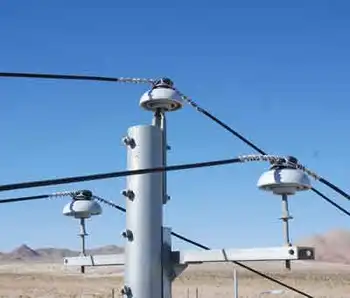UL developing safety standards for EV cords
This is just one of a growing number of safety standards UL is developing for electric vehicle product categories, including electric cords, charging stations, connectors and motors. Most recently, UL has announced its intent to release a new set of requirements for electric vehicle large batteries.
It's forecasted that by 2015 one million charging stations will be in operation and more than one million electric vehicles will be on the road in the United States, ultimately reaching five million vehicles by 2020, according to Pike Research. To meet the growing demand, manufacturers are developing electric vehicles and associated components at a rapid pace. When new technologies are introduced to the market at this rate, it is important to address foreseeable hazards by introducing new safety requirements that speak to today's evolving technologies.
"The introduction of safety standards for electric vehicle components gives UL opportunities to collaborate with automotive manufacturers and influence design and development across the global electric vehicle industry," says Gary Savin, general manager, Underwriters Laboratories Power and Controls Business. "The steady increase in electric vehicle production and consumer acceptance will have tremendous benefits for the global economy and worldwide carbon footprint, but safety should be considered as new concepts are introduced."
Cord sets establish an electrical connection for the purpose of charging electric vehicles at home or at public charging stations. Product safety testing will include stationary and portable cord sets, including the attached plug, flexible power cord, personnel protection circuitry, electric vehicle cable and vehicle connector. Electric vehicle components that bear the UL Mark are tested for overload protection, shock and flammability.
The future standard, UL Subject 2594, will comply with National Electric Code Article 625.
"Electric vehicles is just one of the many cutting edge industries where UL is a proactive partner and trusted safety leader," says Savin. "UL will continue to broaden its service portfolio in renewable energies and energy efficiency, such as solar, wind, biofuels, smart meters, electric vehicles and LED technologies, to meet global renewable energy needs."
Related News

DOE Announces $34 Million to Improve America?s Power Grid
WASHINGTON - The U.S. Department of Energy (DOE) has earmarked $34 million for 12 innovative projects across 11 states to bolster and modernize the nation’s power grid.
Under the Grid Overhaul with Proactive, High-speed Undergrounding for Reliability, Resilience, and Security (GOPHURRS) program, this funding is focused on developing efficient and secure undergrounding technologies. The initiative is aligned with President Biden’s vision to strengthen America's energy infrastructure, thereby creating jobs, enhancing energy and national security, and advancing towards a 100% clean electricity grid by 2035.
U.S. Secretary of Energy Jennifer M. Granholm emphasized the criticality of modernizing the power grid to facilitate a future…




